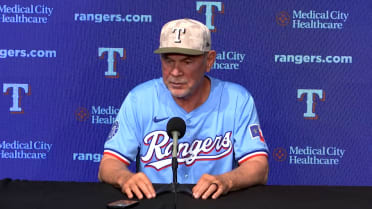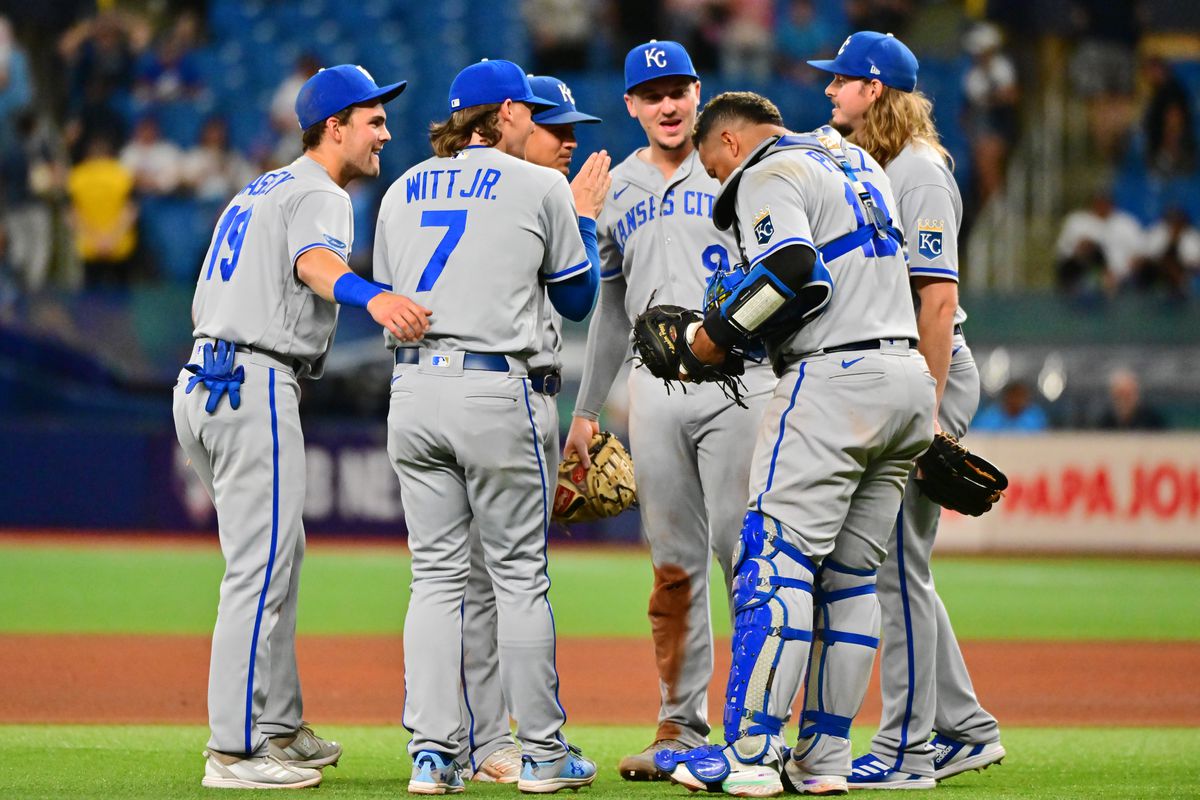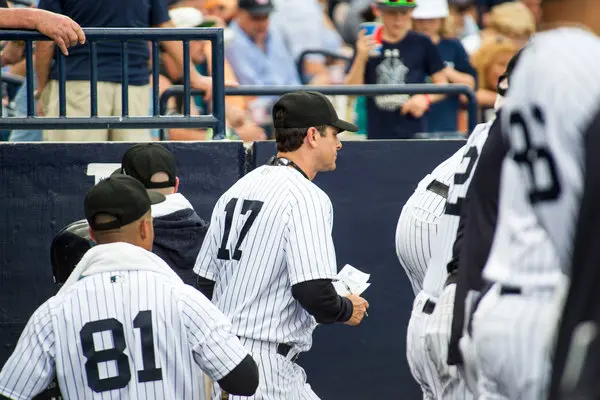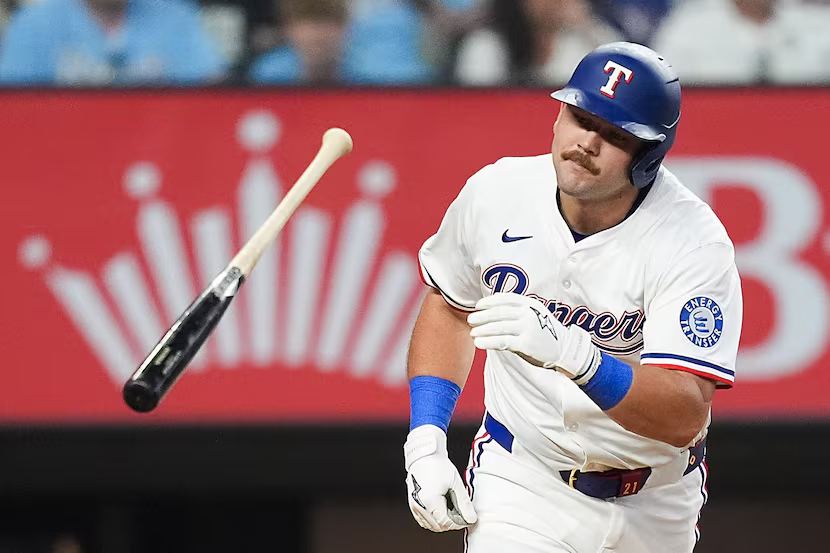In the wake of Rafael Devers’ stunning trade from the Boston Red Sox to the San Francisco Giants—a blockbuster that sent tremors through the league—many Texas Rangers fans are left asking one question: “Why not us?”
Devers, a 27-year-old powerhouse third baseman, is in the second year of an eye-popping 11-year, $331 million contract and remains one of the premier left-handed bats in all of baseball. And yet, despite the Rangers’ recent aggressive spending history and their urgent need to stay competitive in a stacked AL West, General Manager Chris Young and Manager Bruce Bochy never even picked up the phone. Why?
Bochy, known for his candor and championship pedigree, didn’t mince words when asked about it in a postgame media scrum on Sunday night.
“Look, we know what Devers brings with the bat. He’s a game-changer,” Bochy said. “But we’ve got our own plan. There are reasons we didn’t go down that road—and I know fans won’t like some of ‘em.”
Here’s what we’ve learned are the three key reasons the Rangers never seriously pursued Rafael Devers—and why it may frustrate some in the fanbase:

1. They Believe in Josh Jung—Even Through the Slump
Internally, the Rangers still see 26-year-old Josh Jung as their third baseman of the future. He was an All-Star last year and has shown flashes of brilliance at the plate and consistency in the field.
Yes, he’s slumping badly right now—batting just .198 over his last 30 games—and he was even benched over the weekend. But management is betting on his long-term development, not on a panic move.
“You don’t throw out your core pieces over a bad month,” Bochy said. “Josh is part of what we’re building.”
2. Devers’ Defensive Limitations Were a Dealbreaker
Let’s be honest: Rafael Devers isn’t exactly winning Gold Gloves. In fact, his -6 Defensive Runs Saved so far in 2025 ranks near the bottom among qualified third basemen. The Rangers, meanwhile, pride themselves on clean, efficient defense—especially on the infield.
Bochy reportedly didn’t want to force a position change on Jung or stick Devers at DH, which would have created another logjam in a lineup already juggling Corey Seager, Adolis García, and the return of Evan Carter.
“Defense matters more in October than most fans realize,” a team source told The Athletic. “Bochy wasn’t going to bring in someone he saw as a potential liability on the field.”
3. The Financial Commitment Was Too Much—Even for Texas
The Rangers already boast one of MLB’s most loaded payrolls, with over $170 million tied up this year in just a few stars: Corey Seager ($325M deal), Marcus Semien ($175M), and Jacob deGrom ($185M).
Adding another $331 million to that pile—without Boston eating a chunk of Devers’ salary, which they refused to do—would have crippled their financial flexibility for years.
Bochy and Chris Young are laser-focused on developing their farm system and sustaining success beyond this current window.
“We’re not the Dodgers or Yankees yet when it comes to writing unlimited checks,” Young said last week. “We’re committed to building a contender the right way.”
Bottom Line: A Smart Call or a Missed Opportunity?
In a league where stars move fast and windows close even faster, not going after a bat like Devers is a gamble. But the Rangers seem confident in their identity—and their patience.
They’re still in the AL Wild Card race and rank 6th in team ERA, thanks to a lights-out bullpen and a rotation that’s kept them afloat despite deGrom’s injury.
Still, if Devers goes on to rake for the Giants this October, fans in Arlington may find themselves asking the same painful question again: What if?



